von Lucrezia Giovannelli Vor 5 Jahren
614
HOW DEBATES WORK
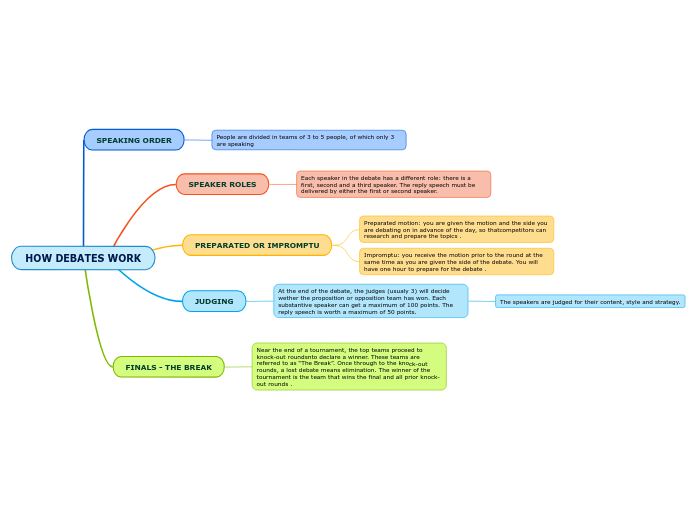
von Lucrezia Giovannelli Vor 5 Jahren
614

Mehr dazu
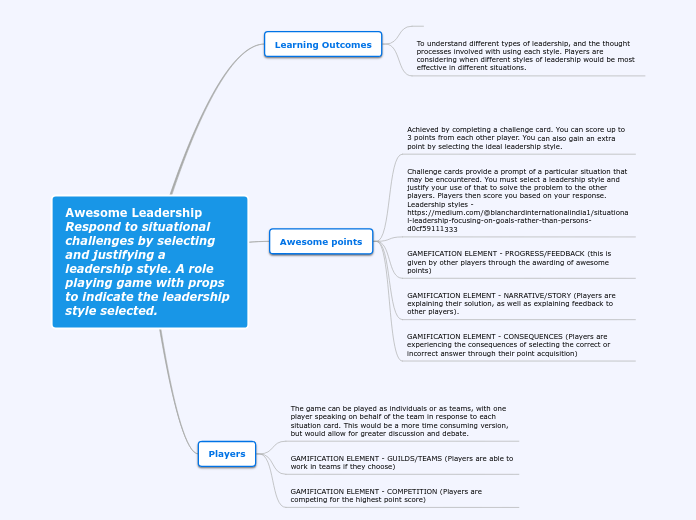

von Merrin Holm
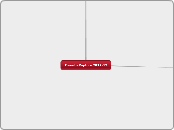

von Albi Nani
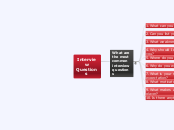

von Phil Dollimore
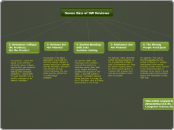

von Cara Pace